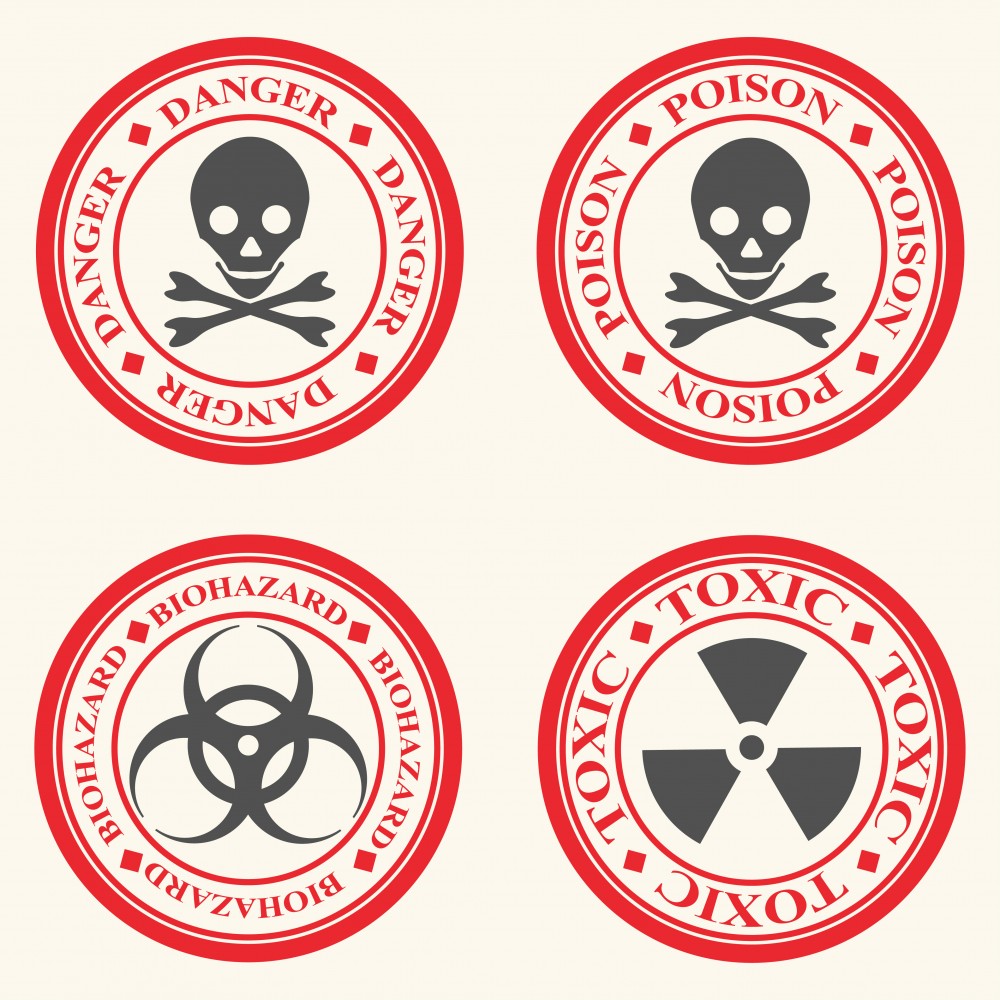
According to the Nuclear Threat Initiative, the Center for Nonproliferation Studies (CNS) recently called upon the Biological and Toxin Weapons Convention (BWC) to address security issues related to major developments in gene drive systems at its upcoming review conference.
Gene drive systems move genes over successive generations through populations of organisms that undergo sexual reproduction. Until 2009, researchers were unable to engineer a gene drive in a laboratory setting because contemporary techniques were, according to the Nuclear Threat Initiative (NTI), too cumbersome. That year, a widely applicable genome editing technique called CRISPR-Cas9 was developed, which made gene drive engineering in laboratories possible.
One example of the benefit of gene drives is that they can be designed so that female mosquitoes express infertility, eventually reducing the spread of mosquito-borne pathogens such as Zika virus, malaria, dengue and yellow fever.
However, the ability to alter organisms in the wild could also be abused, which poses security risks. For example, instead of spreading infertility in mosquitoes, a biological terrorist could spread infertility among pollinators that are critical to agriculture.
CNS requested the review by BWC because a security risk assessment hasn’t been conducted for the misuse of gene drive technology. CNS said the review conference would an appropriate forum to discuss any related security issues to state parties of the BWC, and that the organization should consider establishing a science advisory body to help the BWC continue to function effectively.
CNS is an organization dedicated to combat the spread of weapons of mass destruction by training nonproliferation specialists and disseminating timely information and analysis.




